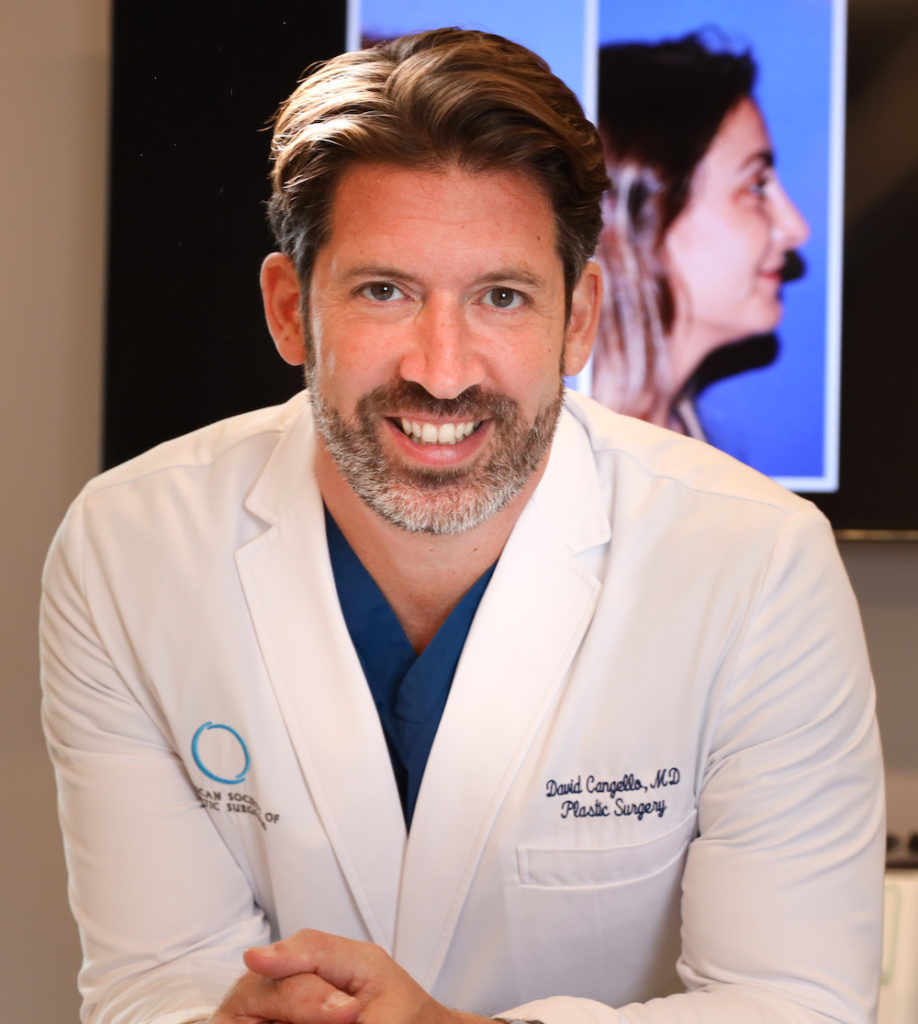Mommy Makeover Bellevue: Recover Your Pre-Baby Body with Expert Care
Mommy Makeover Bellevue: Recover Your Pre-Baby Body with Expert Care
Blog Article
A Deep Study the Usual Validation for Seeking Plastic Surgery: Unpacking the Wish for Change and Self-Improvement

Societal Pressures and Beauty Requirements
Frequently, societal pressures and prevailing appeal standards play a considerable role in people' choices to seek cosmetic surgical treatment (liposuction bellevue). In modern culture, aesthetic representation greatly affects personal perceptions of good looks, typically bolstered by media, celeb endorsements, and social systems. These networks often advertise idyllic versions of appeal, leading individuals to internalize these requirements and examine their self-worth versus them

In addition, these stress are not limited to specific demographics; they impact people throughout various ages, sexes, and histories, highlighting the pervasive nature of elegance standards. This prevalent impact raises essential inquiries concerning the principles of plastic surgery and the ramifications of societal criteria on private selections. Ultimately, understanding these pressures is essential for cultivating an extra inclusive definition of beauty that celebrates diversity.
Individual Experiences and Transformative Stories
Several people that undertake cosmetic surgery report transformative experiences that prolong beyond plain physical adjustments. For several, these treatments offer as a catalyst for improved self-worth and a renewed feeling of identification. Individuals regularly define sensation liberated from enduring insecurities, bring about enhanced self-confidence in both personal and specialist realms.
Take, as an example, the tale of a girl that undertook breast enhancement after years of sensation uncomfortable about her look. Post-surgery, she reported not only a newly found convenience in her body yet likewise a significant renovation in her social life and occupation opportunities. In a similar way, a middle-aged man that selected to go through a facelift shared how the treatment revitalized his expectation on life, triggering him to seek new rate of interests and relationships.

Psychological Variables Behind Plastic Surgery
Many mental elements add to the choice to undertake cosmetic surgical treatment, showing deeper emotional and mental health and wellness factors to consider. People frequently go after surgical improvements as a means to address sensations of inadequacy, low self-confidence, or discontentment with their appearance. These mental inspirations can be rooted in past experiences, social comparisons, or individual desires.
Body image distortion is a common concern, where individuals regard their physical qualities in an exaggeratedly negative light. This distortion can result in obsessive ideas about viewed defects, prompting the desire for surgical modification as a service. Furthermore, the search of excellence and social pressures can enhance these feelings, pressing individuals towards cosmetic treatments in hopes of attaining an idyllic version of themselves.
Furthermore, the idea of self-improvement plays a critical duty. Lots of individuals check out cosmetic surgical treatment as a pathway to boost their top quality of life, believing that boosted look will result in enhanced social acceptance, much better connections, or improved job possibilities. Eventually, the emotional elements behind plastic surgery highlight the intricate interaction in between private self-perception and outside influences, disclosing the multifaceted nature of the desire for modification.
The Duty of Media in Understanding
In today's society, media plays a crucial duty in forming understandings of elegance and self-respect. Through various platforms-- social networks, television, and advertising and marketing-- idyllic requirements of appeal are typically disseminated, influencing private aspirations and self-image. These representations regularly emphasize narrow interpretations of appearance, mostly including younger, visite site slim, and digitally boosted photos, which can create impractical benchmarks for people striving to adjust.
The impact of media is additional exacerbated by the pervasive nature of social media sites, where users are pestered with curated web content that highlights aesthetic improvements, endorsing a culture of contrast. This continuous exposure can bring about feelings of insufficiency amongst audiences, triggering them to consider cosmetic surgical procedure as a way of accomplishing the viewed suitable. Research shows that people that engage with these media representations are more probable to share dissatisfaction with their look, reinforcing the need for medical treatments.
In addition, the normalization of plastic surgery in media narratives can desensitize audiences, framing such treatments as commonplace and even necessary for social approval. Therefore, the media's portrayal of beauty not just influences specific selections relating to plastic surgery yet additionally adds to a more comprehensive social discussion about self-regard and identification.
Ethical Considerations and Future Trends
Amid the growing appeal of cosmetic surgical treatment, ethical factors to consider surrounding the method have become progressively popular. As the need for procedures climbs, so also do concerns concerning informed authorization, the emotional inspirations of patients, and the possibility for exploitation by doctors. It is crucial for experts to make certain that patients completely understand the benefits and threats, as well as the ramifications of their selections, anchor to foster a responsible method to cosmetic enhancements.
In addition, the influence of social media and charm standards questions regarding the effect on mental health, particularly among prone populations. As recognition of body photo issues grows, honest method demands a cautious assessment of the inspirations behind medical treatments. Specialists need to stabilize individual wishes with ethical obligation, guaranteeing that decisions are rooted in authentic self-improvement instead of social pressures.
Looking to the future, fads might shift in the direction of non-invasive and highly advanced treatments, emphasizing client safety and security and fulfillment. In addition, the consolidation of emotional evaluations could assist address underlying problems before surgical intervention. The cosmetic surgical treatment area should adapt to these ethical difficulties while promoting a culture of openness and self-acceptance, eventually prioritizing the health of patients.
Verdict
To conclude, the quest of plastic surgery is influenced by a convergence of societal stress, individual experiences, and psychological elements. The wish for positioning with dominating charm requirements, combined with the capacity for transformative results, underscores the intricate motivations driving individuals towards these procedures. Additionally, the role of media fit understandings of charm can not be downplayed. As honest considerations evolve, future patterns in cosmetic surgical procedure will likely mirror continuous social dialogues surrounding self-improvement and private identity.
Frequently, social stress and dominating appeal criteria play a significant duty in people' choices to seek cosmetic surgical procedure. liposuction bellevue. Eventually, these transformative tales highlight the multifaceted reasons individuals seek cosmetic surgical treatment, linking personal growth with the quest of aesthetic improvement
Lots of individuals check out cosmetic surgery as a pathway official source to improve their high quality of life, believing that enhanced appearance will lead to enhanced social acceptance, much better partnerships, or improved job chances. Inevitably, the psychological factors behind cosmetic surgery highlight the intricate interaction between private self-perception and outside impacts, revealing the multifaceted nature of the desire for change.
As honest factors to consider advance, future patterns in cosmetic surgical treatment will likely reflect ongoing social discussions surrounding self-improvement and individual identity. liposuction bellevue.
Report this page